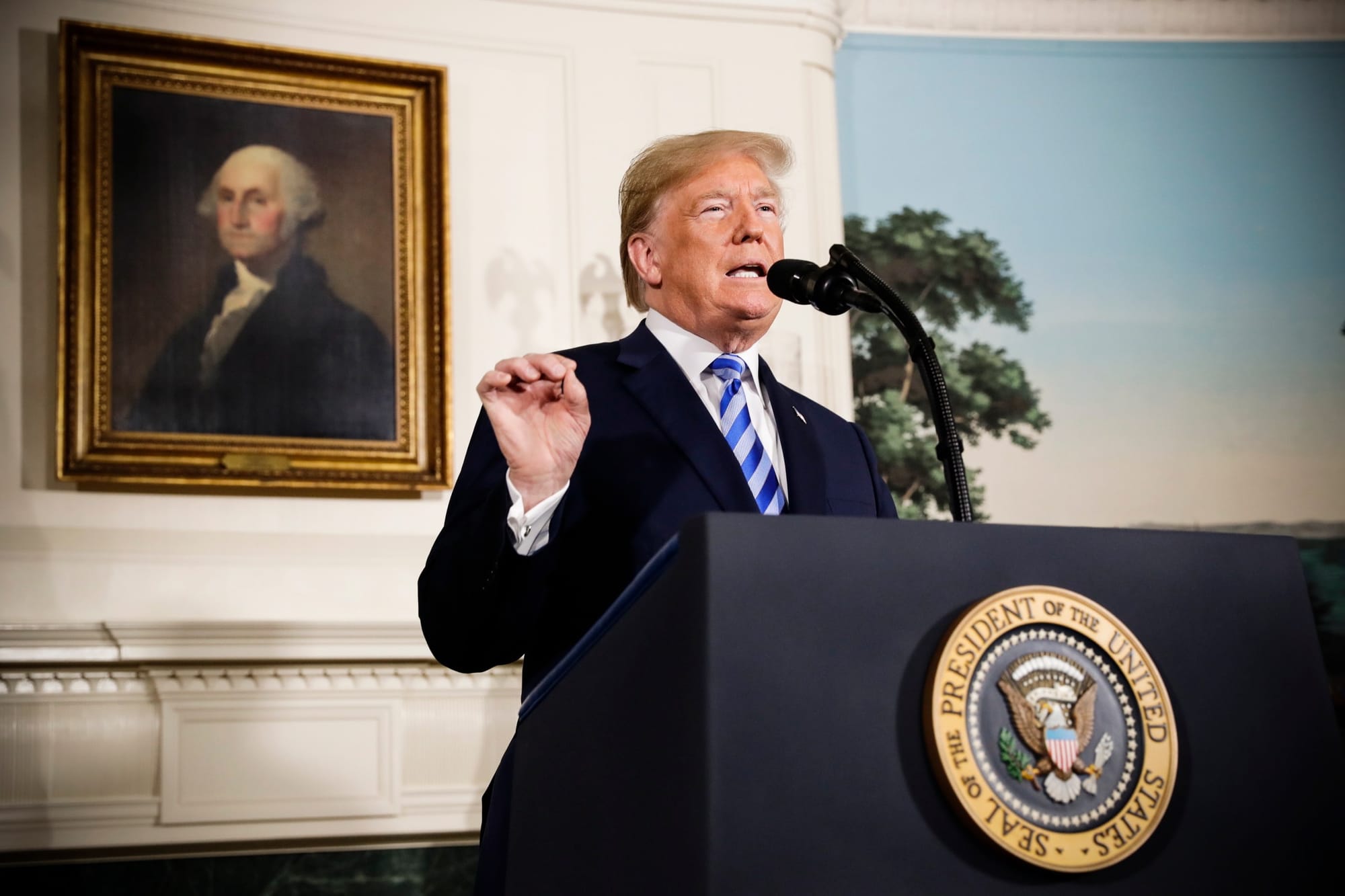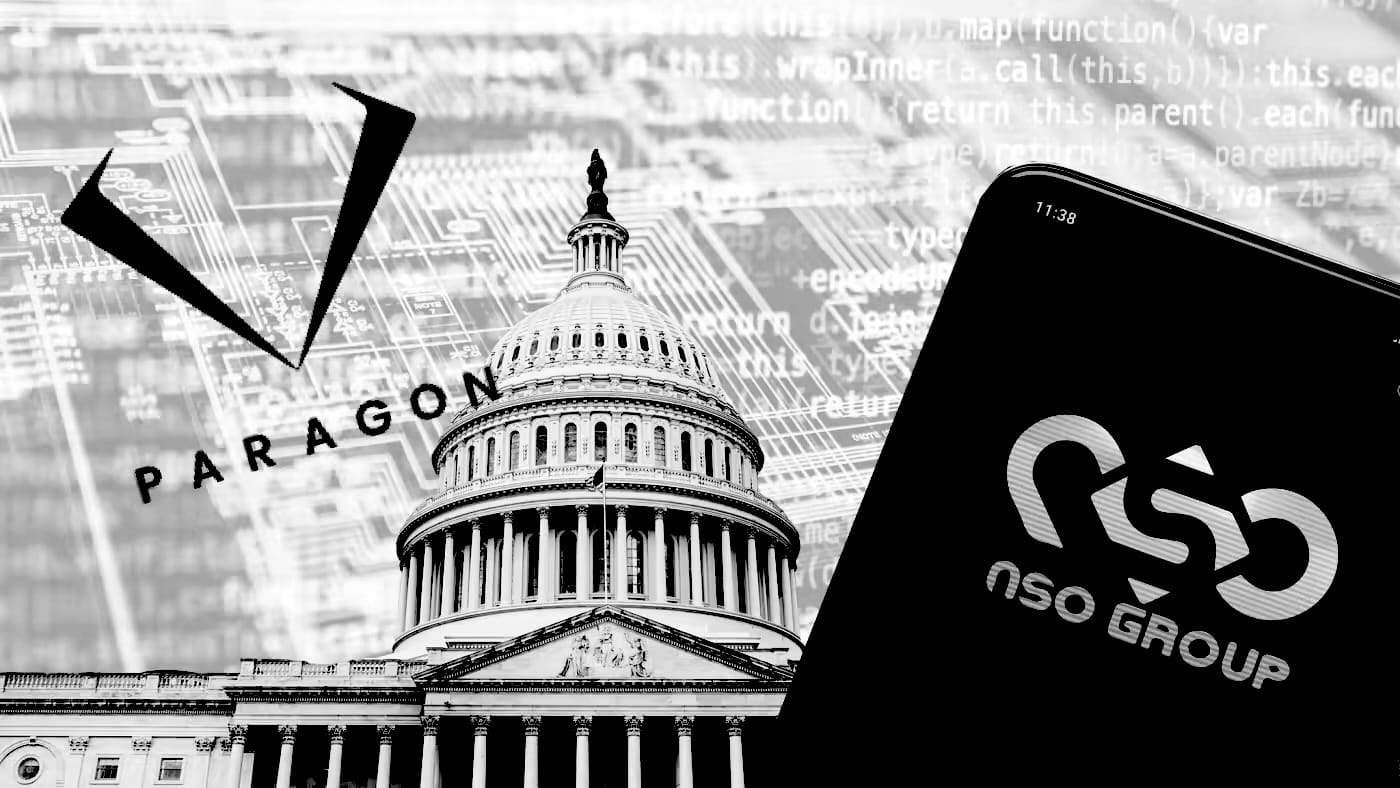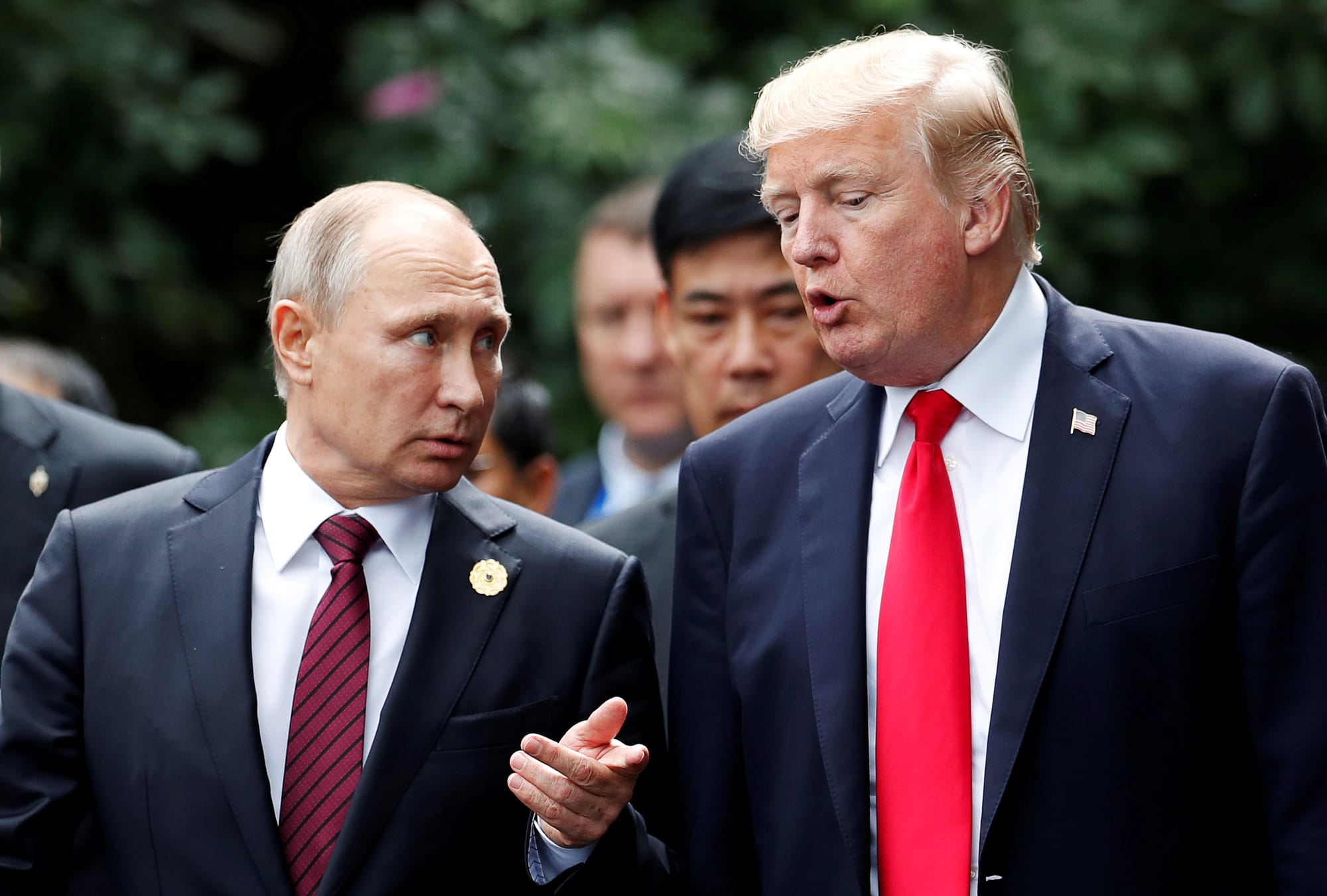In Brief:
- Announcement made unexpectedly, overturning expected autumn election.
- Labour leads in polls, ready to challenge Conservative governance.
- Campaigns to focus on issues like illegal migration, healthcare, and economic struggles.
- Smaller parties like the Reform Party and Liberal Democrats could influence results.
Situation Report:
Prime Minister Rishi Sunak has taken a bold step by calling for an early general election on July 4, a move that defies widespread expectations of a fall election. In a dramatic, rain-soaked announcement outside 10 Downing Street, Sunak pledged to "fight for every vote" as he aims to secure a fifth consecutive term for the Conservative Party. This surprise decision shifts the political battleground into high gear, leaving only a few days for Parliament to pass any pending legislation before it shuts down for a five-week campaign period.
Labour, led by Sir Keir Starmer, has been quick to respond, emphasizing the need for change from what they describe as "Tory chaos." With Labour holding significant leads in national polls, the party is primed for an aggressive campaign, spotlighting Conservative failures in managing the economy, healthcare, and various scandals. Sunak’s strategy will likely highlight his efforts to address illegal migration, including the recent legal endorsement of deporting asylum seekers to Rwanda, which could see the first flights during the campaign.
The electoral landscape is further complicated by smaller parties. The anti-migration Reform Party and the centrist Liberal Democrats are poised to challenge Conservative dominance in key areas. In Scotland, the Scottish National Party (SNP) is determined to fend off Labour’s advances and maintain its pro-independence agenda despite internal challenges and leadership changes.
This election is set against a backdrop of significant political volatility. The Conservatives, who secured a robust majority under Boris Johnson in 2019, have since weathered a storm of scandals leading to Johnson's resignation. Sunak’s leadership has been marked by a focus on stabilizing the party and addressing pressing national issues. However, the rapid approach of this election injects an element of unpredictability into the political scene, with both major parties striving to reach the crucial 326-seat majority threshold needed to form a government.
Assessment:
Sunak’s unexpected call for an early election is a high-risk, high-reward manoeuvre. By advancing the election date to July, he aims to capitalise on any residual momentum and preempt a potentially more damaging autumn campaign season. This strategy could either fortify his position or exacerbate existing vulnerabilities, depending on how well the Conservatives can galvanize their base and sway undecided voters in a condensed timeframe.
Labour’s substantial lead in the polls places them in a strong position, yet the volatility of recent political trends suggests caution. The challenge for Labour will be to convert polling advantage into tangible votes, maintaining a coherent and compelling narrative that can resonate across diverse voter bases. Their campaign will need to effectively address Conservative claims on issues like migration while pushing their own agenda on economic and healthcare reforms.
The influence of smaller parties cannot be underestimated. The Reform Party and Liberal Democrats could siphon crucial votes from the Conservatives, particularly in historically safe seats, thereby complicating Sunak’s path to a majority. Similarly, the SNP’s efforts to retain dominance in Scotland will play a crucial role in determining the overall balance of power.
In this highly unpredictable context, the stakes are enormous. The Conservatives' ability to navigate the immediate legislative hurdles, galvanise voter support, and mitigate the impact of minor party challenges will be critical. Conversely, Labour’s capacity to sustain and build upon their polling lead through a disciplined and dynamic campaign will be essential for their success. The outcome of this election will significantly shape the UK's political landscape and set the tone for its future direction.















Discussion